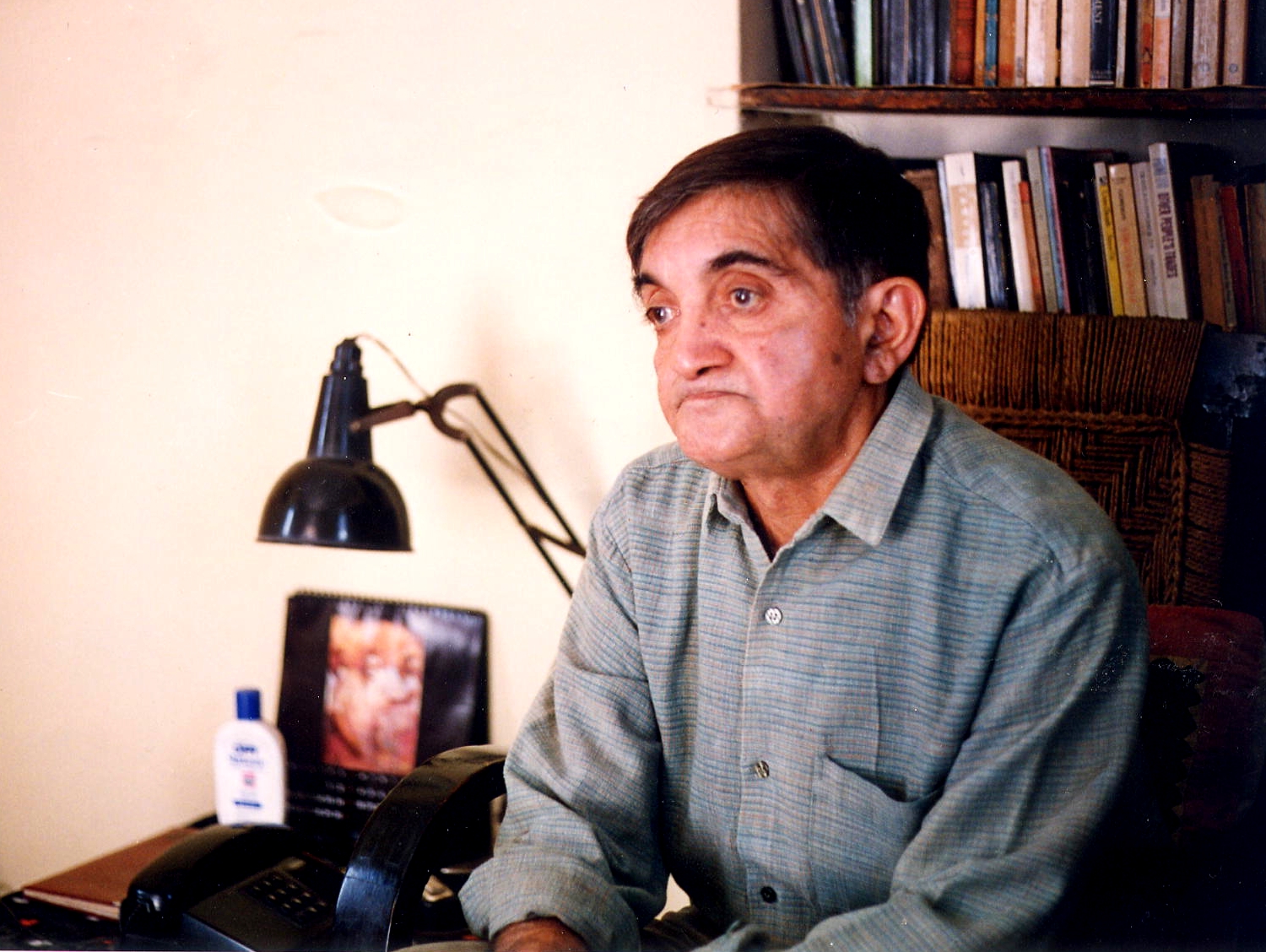It’s a lucky day for me! Just a few weeks ago, well-known author Zac O’Yeah, who has been kind to me without any reason really, agreed to send me a guest blog for my Creative chat series.
As a young Swedish writer in the mid-1990s, Zac visited India and met one of the stalwarts of Hindi literature Nirmal Verma at a Sahitya Akademi function. Upon introducing himself as a fan, he got invited by the author to his home, where they conversed for an hour or so. Here he recounts how that meeting left a lasting impression on him.
Zac O’Yeah’s latest novel is Mr. Majestic: The Tout of Bengaluru (Amazon // Flipkart). More on www.zacoyeah.com.
‘Write what you see but what you see may not be right,’ it says on the first page of the boy’s diary, words written by his mother who died years ago. Now he is thirteen and ill with a persistent fever, and is sent from Allahabad to Delhi to recover.
He stays with his cousin, Bitty. Some twenty years old, she lives in a barsati in Nizamuddin, on a rooftop behind the dargah, and is busy with daily rehearsals of a Strindberg play. As the boy’s fever recedes, he studies Bitty and her upper middle-class friends: a couple of them foreign-returned, from Oxford, and from London, to an India of the 1970s; another is an idealistic university drop-out who, during a stint in Bihar, has seen genuine poverty and violence but didn’t last it out, and so came back to his parental home, a Lutyens bungalow in central New Delhi, where he directs plays on the sprawling lawns. While out there is a world of real tragedies and deaths, here they are cocooned in their interpretations of foreign playwrights, each with his or her own sadness hidden underneath the everyday mask.

Despite their pursuit of freedom and creative lifestyles, ostensibly go-getting attitudes and artistic endeavours, they radiate insecurity, self-doubt, angst and despair – perhaps, the reader speculates, over being caught between cultures. The boy, however, can’t always make sense of his observations: he sees everything so acutely that it is often painful to read the descriptions of the theatrewallahs who, while partying on Bitty’s rooftop, exert influences on each other via invisible social and mental laws akin to how gravity determines the mechanical movements of planets. ‘At late night parties there always comes a moment when nobody seems aware of what is happening within or about him: the world at large sinks out of sight in the glittering stream of words. Voices swell through the air but what remains behind is the ubiquitous grey silt.’ Continue reading “Guest blog: The Study of Nirmal Verma”

